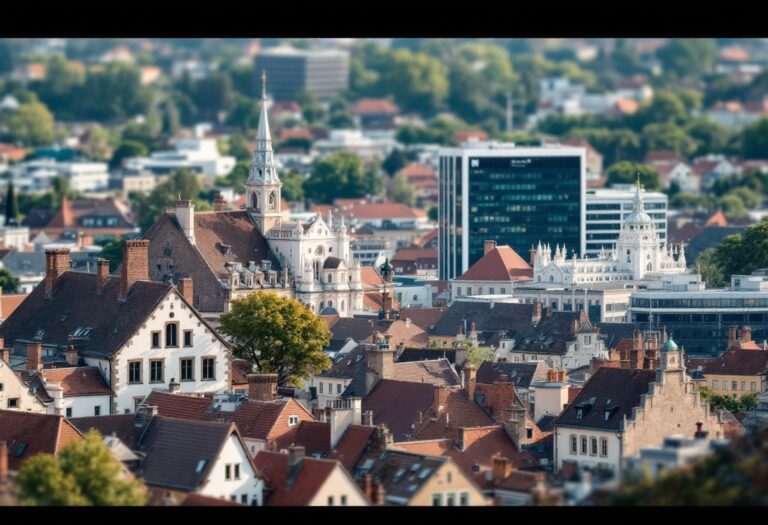Council tax rises by 9.9%, fees increase by 6%, and councillor salaries surge by 22%

Topics covered
Overview of the budget changes
The Argyll and Bute Council has recently approved significant changes to its budget for the 2025/2026 fiscal year. This includes a 9.9% increase in council tax, a 6% rise in service fees, and a notable 22% pay rise for councillors.
These adjustments are aimed at addressing a budget gap of approximately £10.938 million. The council’s decision has sparked discussions among residents and opposition leaders regarding its impact on local households.
Impact of the council tax increase
The council tax for a Band D property will rise by £160.94, bringing the total to £1,625.64.
This increase is part of the ruling SNP-led group’s strategy to manage the budget deficit. While the opposition proposed a more modest 5% increase, the council opted for the higher rate, citing the necessity of balancing the budget without compromising essential services.
The decision has raised concerns among residents about the affordability of living in the region, especially for low-income families.
Service fee hikes and their implications
In addition to the council tax increase, various service fees will also see a rise of 6%. This includes charges for essential services such as burials, pest control, and planning applications. For instance, the cost for a burial will increase to £1,052, while the fee for eradicating rats and mice will rise to £218.80. These increases are designed to cover the costs of providing these services, but they may place additional financial strain on residents who rely on them.
Councillor pay rise and public reaction
One of the most controversial aspects of the budget is the 22% pay rise for councillors, which will see the basic annual salary increase from £21,345 to £25,982. This decision has not been universally welcomed, with many residents questioning the appropriateness of such an increase amidst rising taxes and fees. The council leader’s salary will also see a significant jump to £50,063, further fueling public discontent. Critics argue that while councillors deserve fair compensation, the timing of this increase is insensitive given the financial challenges faced by local families.
Future considerations and community response
As the council moves forward with these budget changes, the community’s response will be crucial. Local leaders and residents are encouraged to engage in discussions about the implications of these increases and explore potential alternatives for revenue generation that do not disproportionately affect low-income households. The council’s commitment to investing in local services, such as roads and food banks, is a positive step, but ongoing dialogue will be essential to ensure that the needs of all residents are met.




